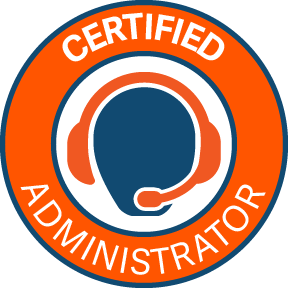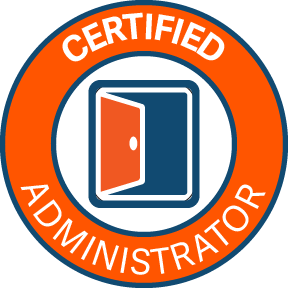Hi guys, i see the documentation here: Requirements and considerations to install a Remote Support Jumpoint (beyondtrust.com)
And there is this part:
An average server class machine for a supported operating system, with 16GB of RAM, can readily support 25 concurrent sessions of any type (100 serial-over-LAN sessions, 200 Telnet or SSH sessions). Additional sessions are supported depending on the session types and other factors, or with higher server specifications
My questions are:
- If I add hardware resources (CPU & RAM), will the number of concurrent connections that can be handled increase? I understand this highly depends on the activity being performed, but let's just assume i put 32GB RAM & 16 CPU.
- Does the Jumpoint have a hard cap, for example, 1 Jumpoint can only handle a maximum of 25 RDP / 200 SSH connections regardless of how much hardware is provided?
- How can you tell if a Jumpoint is overcapacity? For instance, with standard specs, if it’s already handling up to 30 RDP connections and someone else tries to connect again (assuming the Jumpoint is full, whether due to a system hard cap or 100% CPU & RAM utilization), will that person get a notification saying like 'sorry, capacity is full,' or will they just be unable to connect, or will it kick other sessions, or something else?








